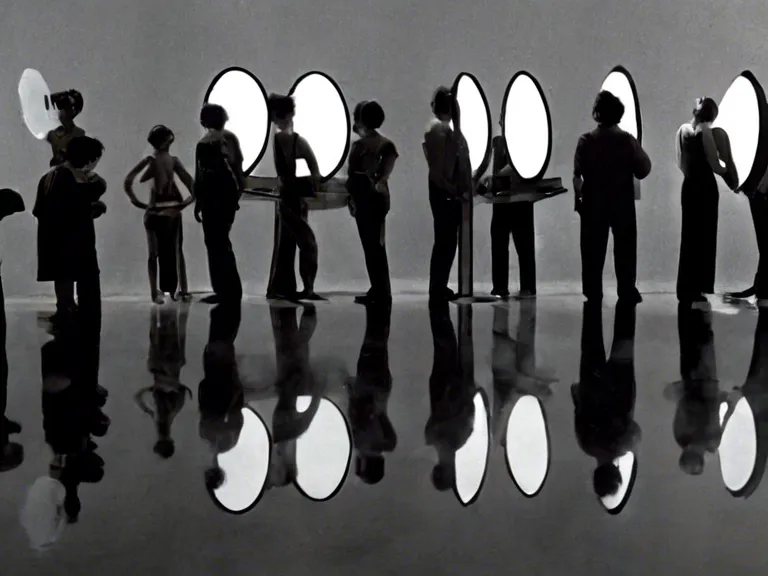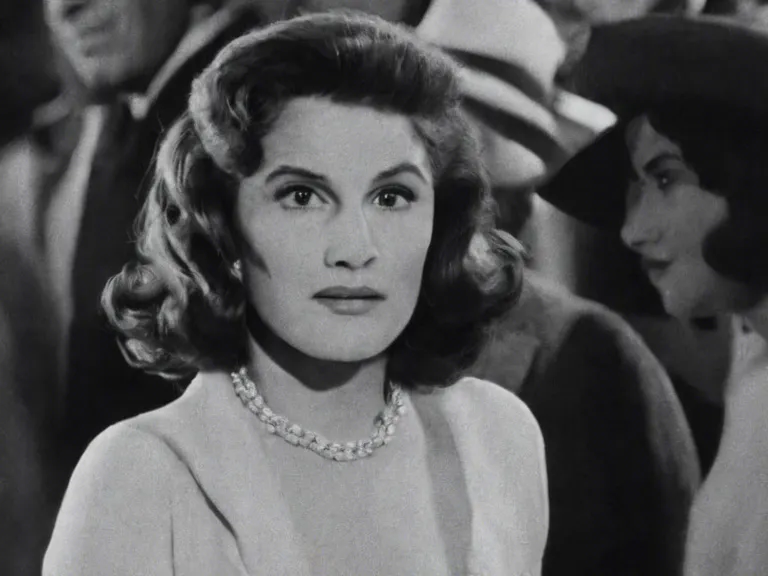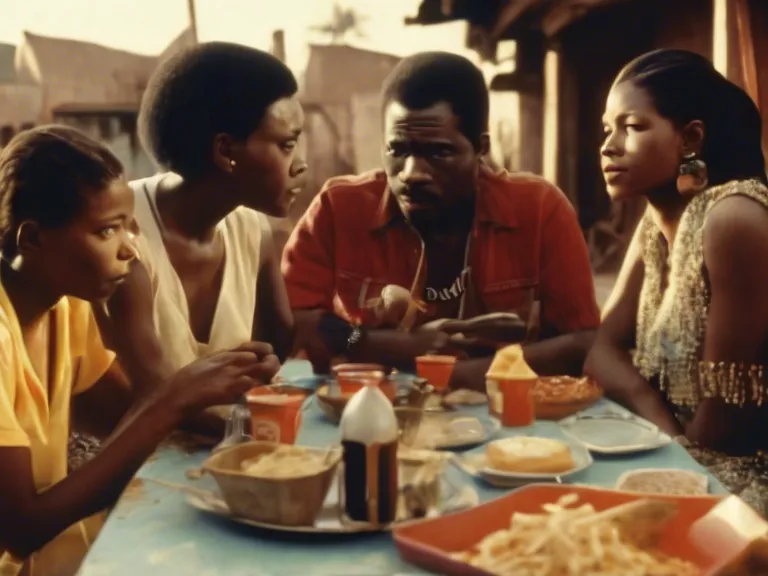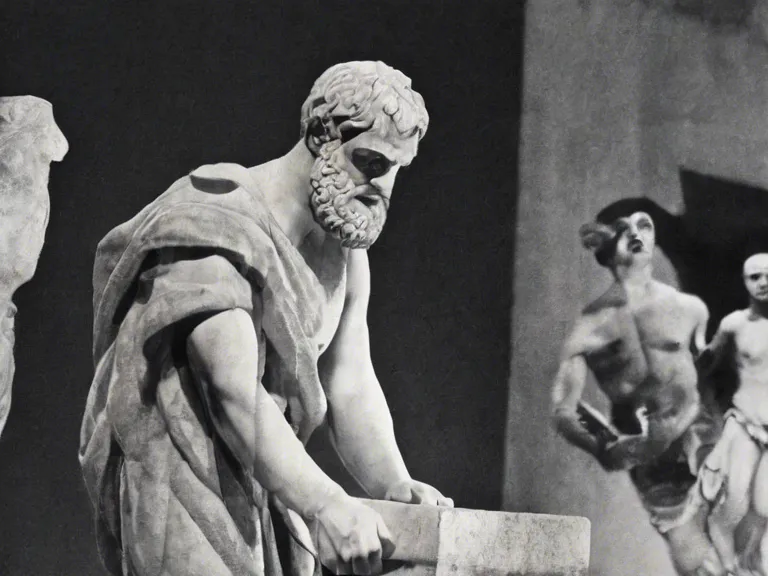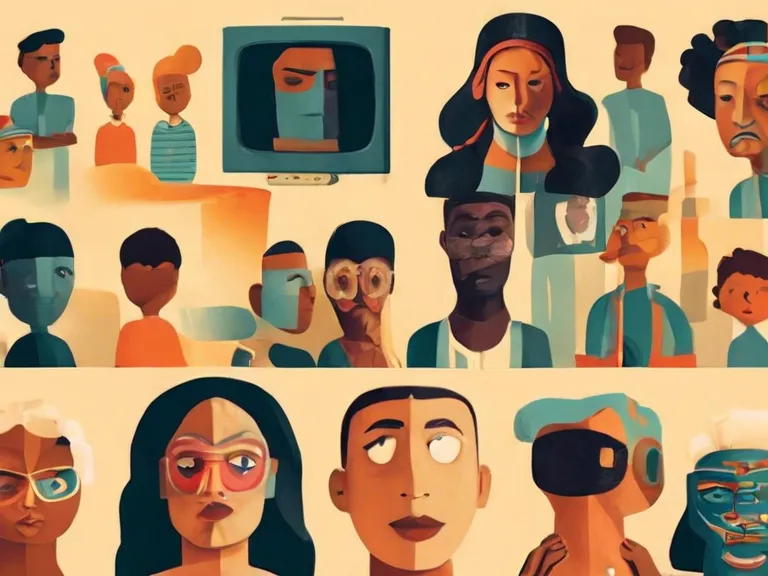
Cultural Narratives in Cinema: A Philosophical Inquiry into Identity
Cinema has long been a powerful tool for storytelling, reflecting and shaping cultural narratives that define our sense of identity. Through film, we are able to explore diverse perspectives, traditions, and values that contribute to the fabric of society. This article delves into the philosophical implications of cinematic representations of identity and how they influence our understanding of self and others.
At the heart of cinema is the ability to capture and magnify cultural narratives, offering a window into the complexities of human experience. Through storytelling, filmmakers shape our perceptions of ethnicity, race, gender, and other aspects of identity. Whether through historical epics, social dramas, or personal narratives, cinema has the power to challenge stereotypes, ignite empathy, and provoke introspection.
Films serve as mirrors that reflect the collective consciousness of a society, highlighting its values, fears, and aspirations. By examining the portrayal of characters, relationships, and environments in movies, we can uncover hidden biases, misconceptions, and prejudices that shape our views of ourselves and others. Through critical analysis of cinematic narratives, we can deconstruct and challenge established norms, paving the way for a more inclusive and empathetic society.
Moreover, cinema offers a platform for marginalized voices to be heard and celebrated, providing a counter-narrative to dominant cultural perspectives. By amplifying diverse stories and experiences, filmmakers can empower individuals to reclaim their identities and challenge oppressive systems of power. Through cinematic representation, we can foster a sense of belonging, solidarity, and unity across different cultural backgrounds.
In conclusion, cultural narratives in cinema play a crucial role in shaping our understanding of identity and fostering empathy and inclusivity. By engaging with diverse cinematic voices and stories, we can challenge entrenched social norms, promote dialogue, and cultivate a more equitable and harmonious society.
